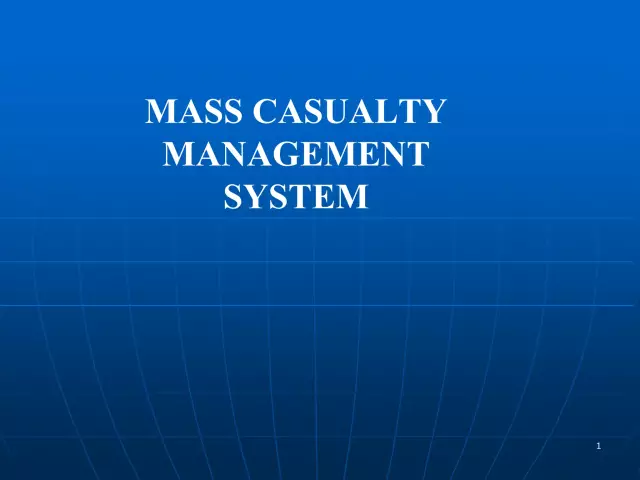- Author Rachel Wainwright wainwright@abchealthonline.com.
- Public 2023-12-15 07:39.
- Last modified 2025-11-02 20:14.
Bloating

Normally, any healthy person swallows an average of 3 liters of air per day during meals. In addition, the vital activity of some bacteria in the intestine leads to the formation of gases. If, for some reason, the amount of gas in the gastrointestinal tract increases, then there is such a phenomenon as flatulence, that is, bloating.
Signs and causes of bloating
Swallowing air in excess of the norm occurs subconsciously, often in moments of emotional excitement. Excess gas is felt as a full stomach and is partially excreted by the body when belching. Thus, only part of it goes further into the stomach.
Another part of the excess gases is utilized in the stomach by absorption through its walls into the blood and further excretion through the lungs. The remaining air enters the intestines, is partially processed by bacteria and then excreted through the anus.
Normally, intestinal gases must be excreted from the body (on average, 10 daily flatulences). A feeling of bloating, gas sometimes causes discomfort, pain, belching and flatulence appear. Bloating after eating can often be observed in children of the first year of life.
When examining patients with flatulence, an increase and tension of the abdomen is noted, and on palpation, an accumulation of gases. To establish the cause of bloating, a comprehensive examination is carried out, including:
- ultrasound or x-rays (preferably with a contrast agent) of the abdomen;
- biochemical blood test for pancreatic enzymes;
- study of feces for enzymes and dysbiosis;
- rectal examination (colonoscopy);
- sometimes computed tomography.
A modern approach to treating bloating
If the cause of flatulence is swallowing excess air during the meal, it is recommended to eat in small portions, at a leisurely pace and in a calm atmosphere. You should also give up chewing gum and dishes that contain soda. It is also worth excluding foods that are difficult to digest or produce gas in the intestines (carbonated drinks, carbohydrates in large quantities, legumes, etc.) from the diet.
Certain drugs, such as those from the antacid group, can also cause bloating. Such drugs as simethicone, cerucal, etc. will help to alleviate the condition, and if the disease is associated with enzymatic insufficiency - festal, pancreatin, mezim.

Regular belching with a putrid odor may indicate the presence of cancer of the stomach or duodenum; bloating is observed with bowel obstruction or cancer.
To Treat Or Not To Treat: Bloating During Pregnancy
Bloating during pregnancy is sometimes noted. This is due to the fact that the enzymatic system of a pregnant woman works under conditions of increased stress, and food is digested somewhat worse. As the fetus grows, the enlarged uterus compresses the intestines and reduces its motor function. Increasing the level of the hormone progesterone relaxes smooth muscles, including the intestines. This can lead to constipation and bloating.
A similar symptom can interfere with the development of the fetus, tone the uterus and provoke a miscarriage. The expectant mother should carefully analyze her menu together with the doctor and, if necessary, correct it. In some cases, the doctor may prescribe the necessary course of treatment; One of the most popular drugs for treating bloating during pregnancy is espumisan.
YouTube video related to the article:
The information is generalized and provided for informational purposes only. At the first sign of illness, see your doctor. Self-medication is hazardous to health!






